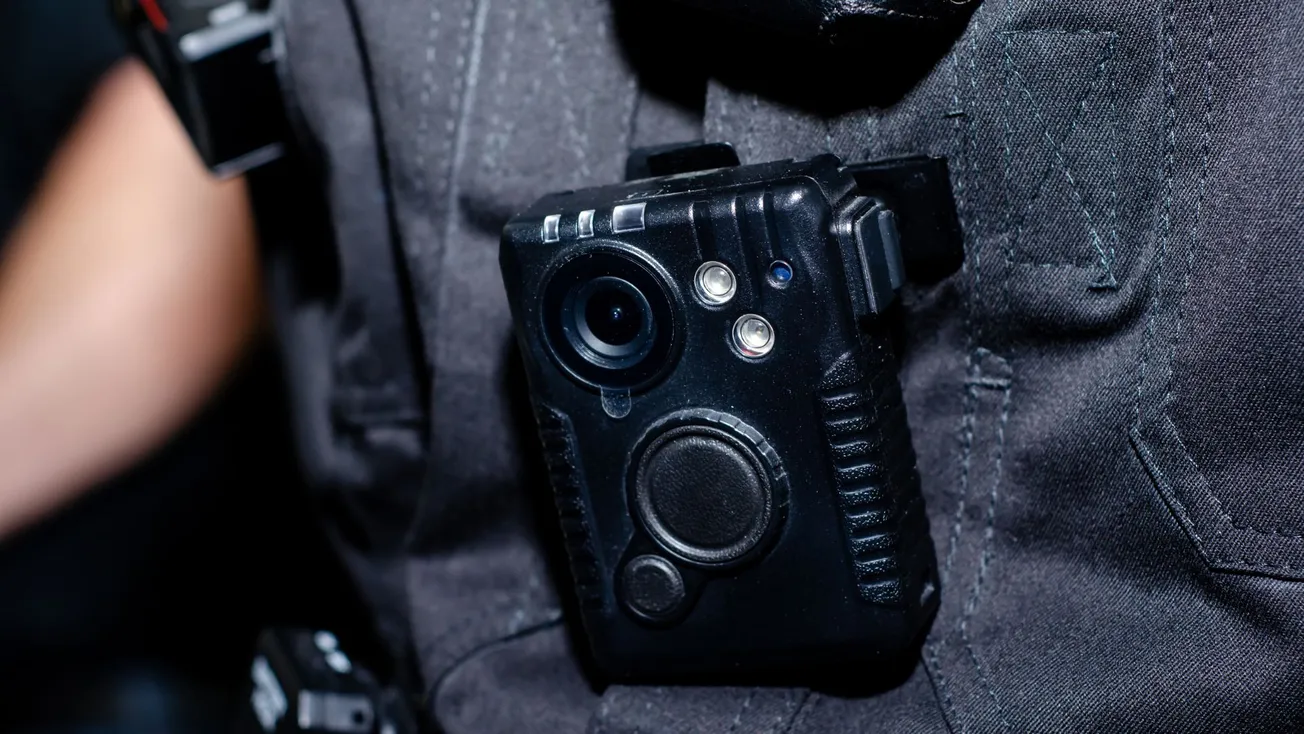Condemning the “unwritten and inconsistently applied policies regarding officer-involved shootings” inherited from the previous administration, Louisville Mayor Craig Greenberg announced new Public Integrity Unit investigation and body cam recording policies on August 17.
Aimed at enhancing transparency and restoring public trust, the new policies “meet a higher standard of excellence and best practices,” Greenberg asserted.
Unfortunately, these new policies do not meet the baseline requirements established in state law. They cannot survive judicial review if challenged in the courts.
Simply put, Louisville Metro’s new body cam video policy violates the Kentucky open records law, and subverts the law’s intent, by doubling the deadline for records production.
In 2018, the General Assembly enacted two body cam recording statutes. These statutes preempt local legislative action and are superior to any public agency policy that falls short of the minimum legal requirements they establish.
The laws declare that “disclosure of body-worn camera recordings shall be governed by the Kentucky Open Records Act, as set forth in KRS 61.870 to 61.884.”
KRS 61.168 governs “disclosure, retention, and availability for viewing” of body worn camera video and audio recordings, declaring that the recordings are “governed by KRS 61.870 to 61.884 (the Open Records Act) and KRS 171.410 to 171.740 (the State Archives and Records Act).” It carves out exceptions for incidental, non-law enforcement body cam recordings, but those exceptions do not apply to officer-involved shootings.
KRS 61.169 governs the rights of attorneys representing a “person or entity involved in body-worn camera recording incident” to view copies of recording, the limitations on those rights, and sanctions for attorneys who violate the affidavit they execute “in support of limited release.”
The major selling point in Greenberg’s body cam recording policy is the commitment to release the recordings within 10 business days. Barring "exceptions” to the 10 business day policy — that the city insists will be “few and far between” and accompanied by an LMPD explanation for the delay — this is a firm commitment.
For requesters who have waited weeks, months, and even years to obtain body cam recordings, the 10-business-day commitment is welcomed news. They may question how firm the city’s commitment is, how rarely the exceptions to the 10 business day policy will occur, and how detailed and persuasive (versus boilerplate) the city’s explanations for delay will be, but they are likely to excuse the fact that 10 business days doubles the applicable open records limitation of five business days.
In other words, 10 business days exceeds the Open Records Act deadline incorporated into the 2018 body cam recording statutes.
The Open Records Act mandates the release of public records, including body cam recordings, “within five (5) days, excepting Saturdays, Sundays, and legal holidays, after the receipt of any such request ...” and “delay past the five (5) day period ... [and] excessive extensions of time” constitute subversion of the intent of the Open Records Act.
The LMPD policies announced on August 17 – by their express terms – subvert the intent of the Open Records Act.
Louisville Metro operates on the assumption that it can ignore state law and establish agency friendly policies that extend legal deadlines.
Were this acceptable practice, it's safe to say that public agencies across the Commonwealth would relax the statutory requirements and establish their own policies – extending deadlines, creating new exceptions, charging unreasonable copying fees, etc.
Public agencies are free to establish stricter or more exacting standards than the baseline open record requirements, but they cannot establish more relaxed or lenient standards. They could establish a three business day deadline or include Saturdays, Sundays, and legal holidays in the time calculation for a flat five day deadline, but they cannot double that five business day deadline.
Perhaps it is appropriate here to remind Louisville Metro that “[t]he Open Records Act is neither an ideal nor a suggestion. It is the law. Rigid adherence ... is the lifeblood of a law which rightly favors disclosure, fosters transparency, and secures the public trust.”
Louisville Metro's policy treats the Open Records Act — operating in tandem with the 2018 body cam recordings statutes — as an “ideal” or “suggestion” – not as the law. However well intentioned, their policy cannot supersede the law or survive legal challenge.
--30--








